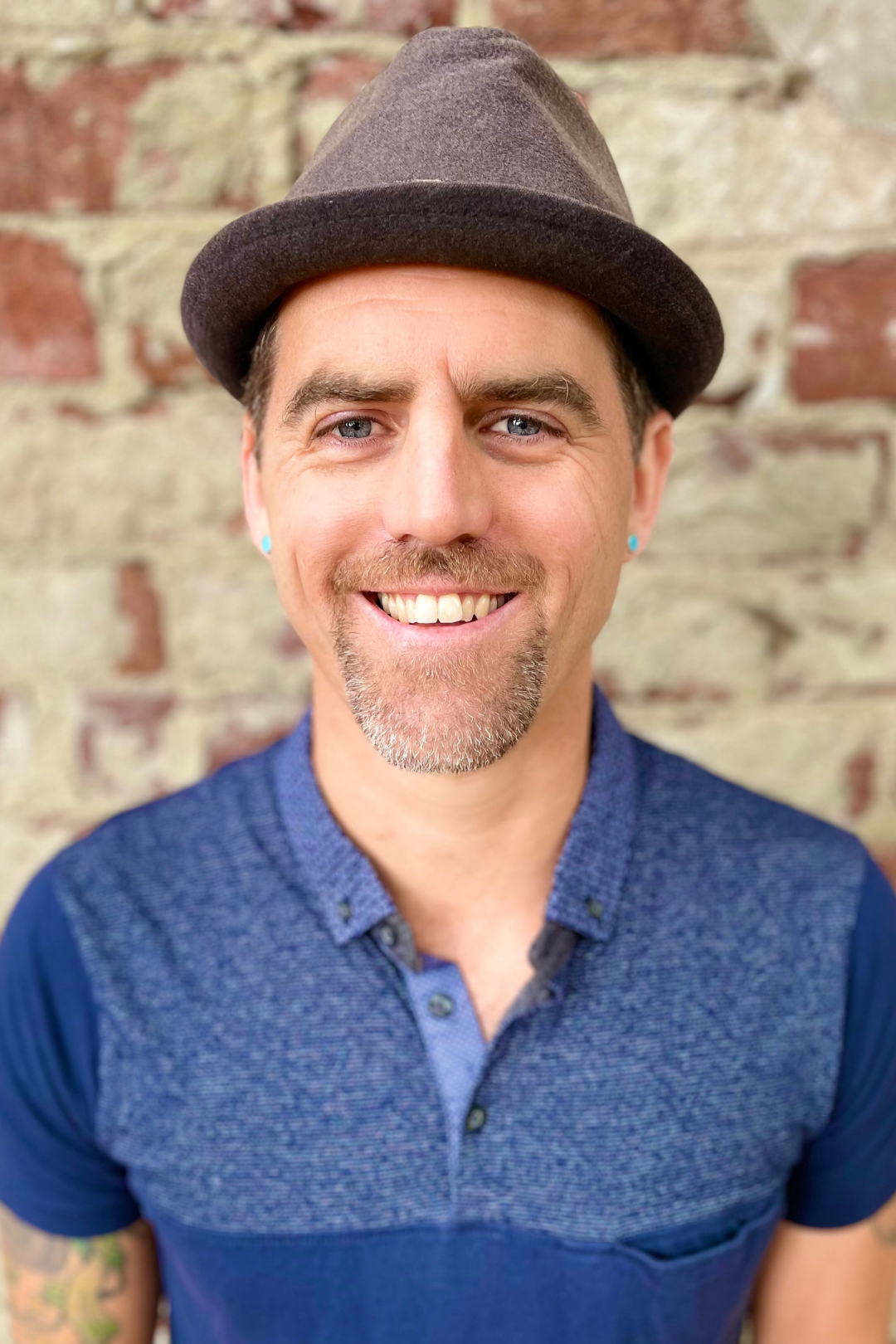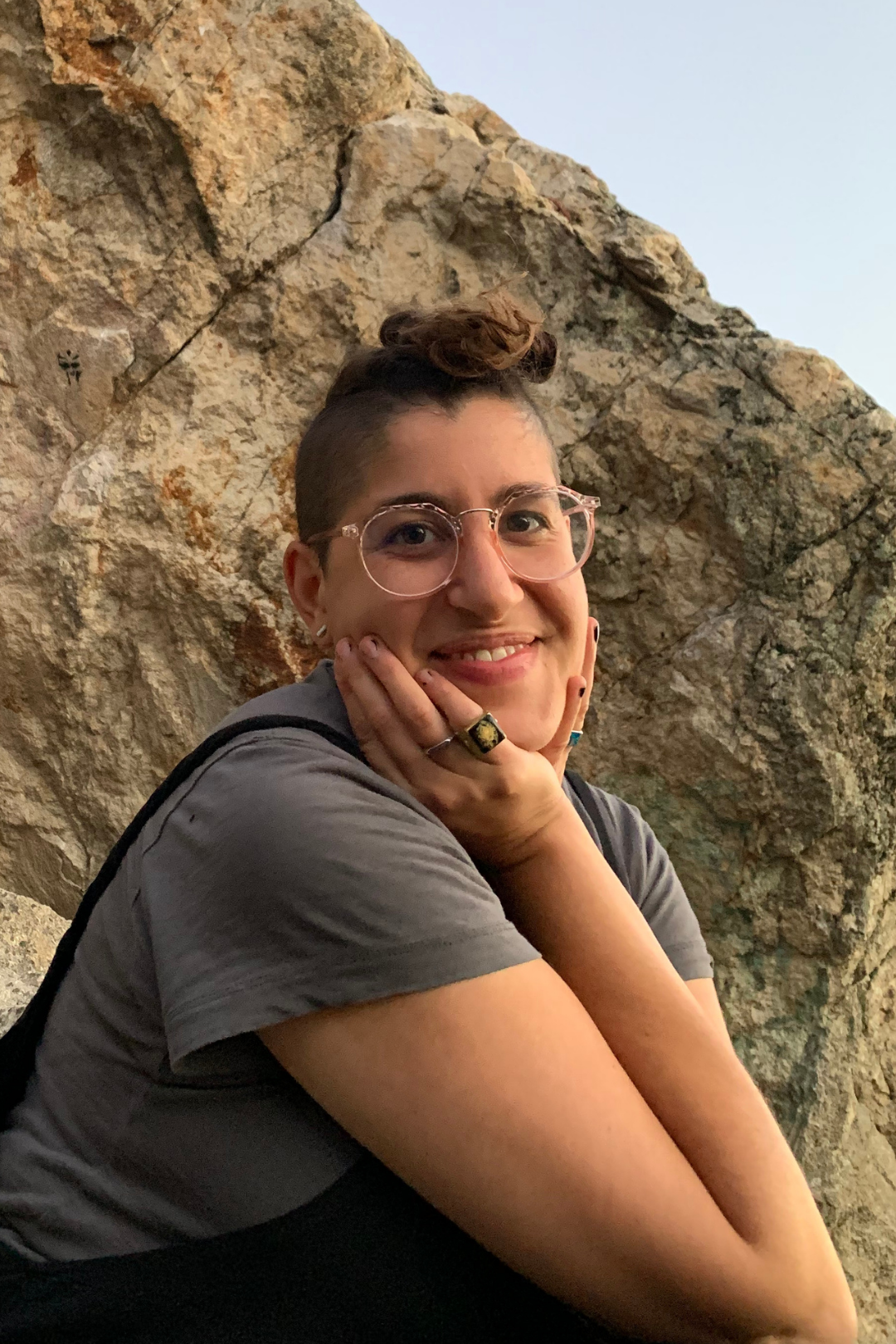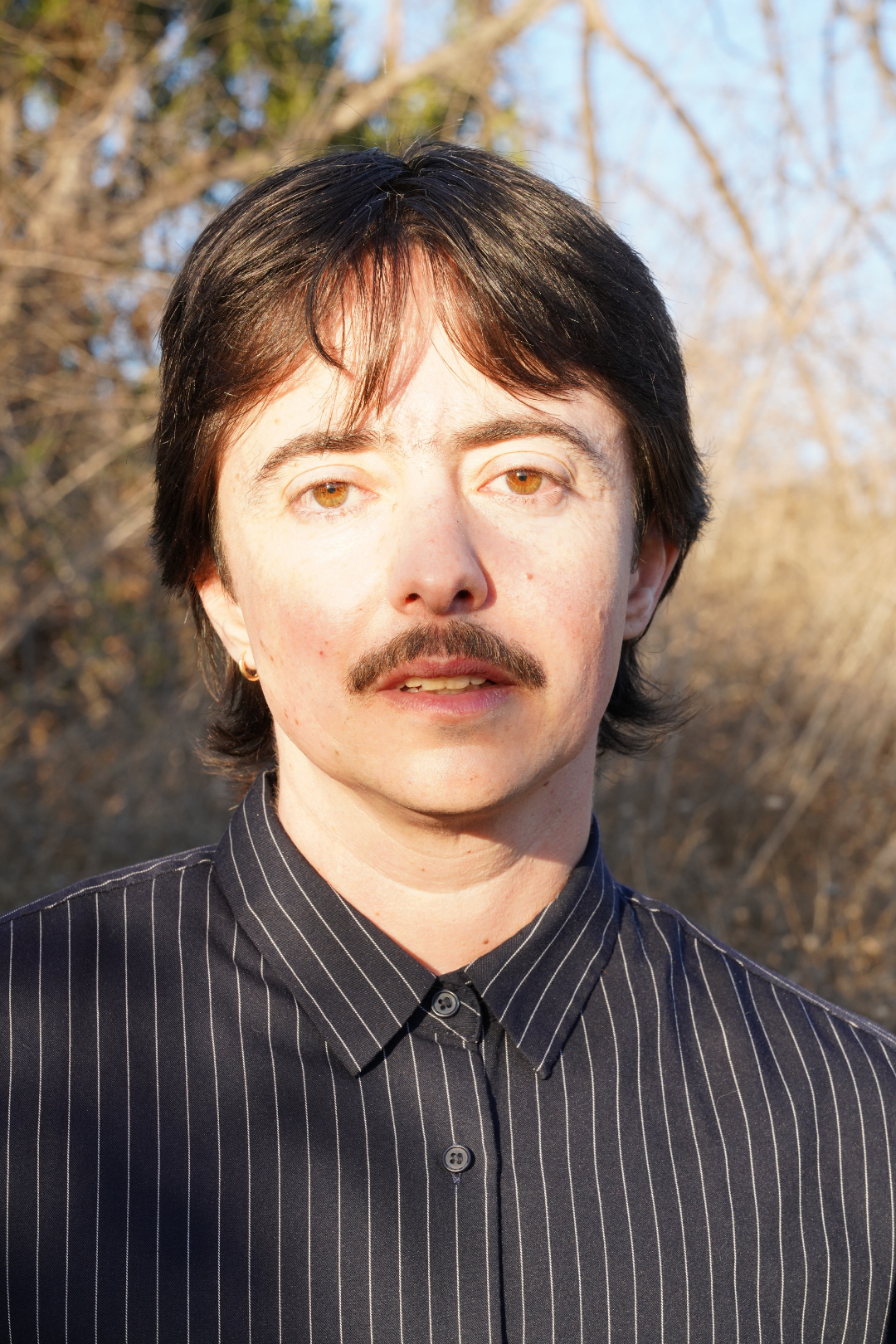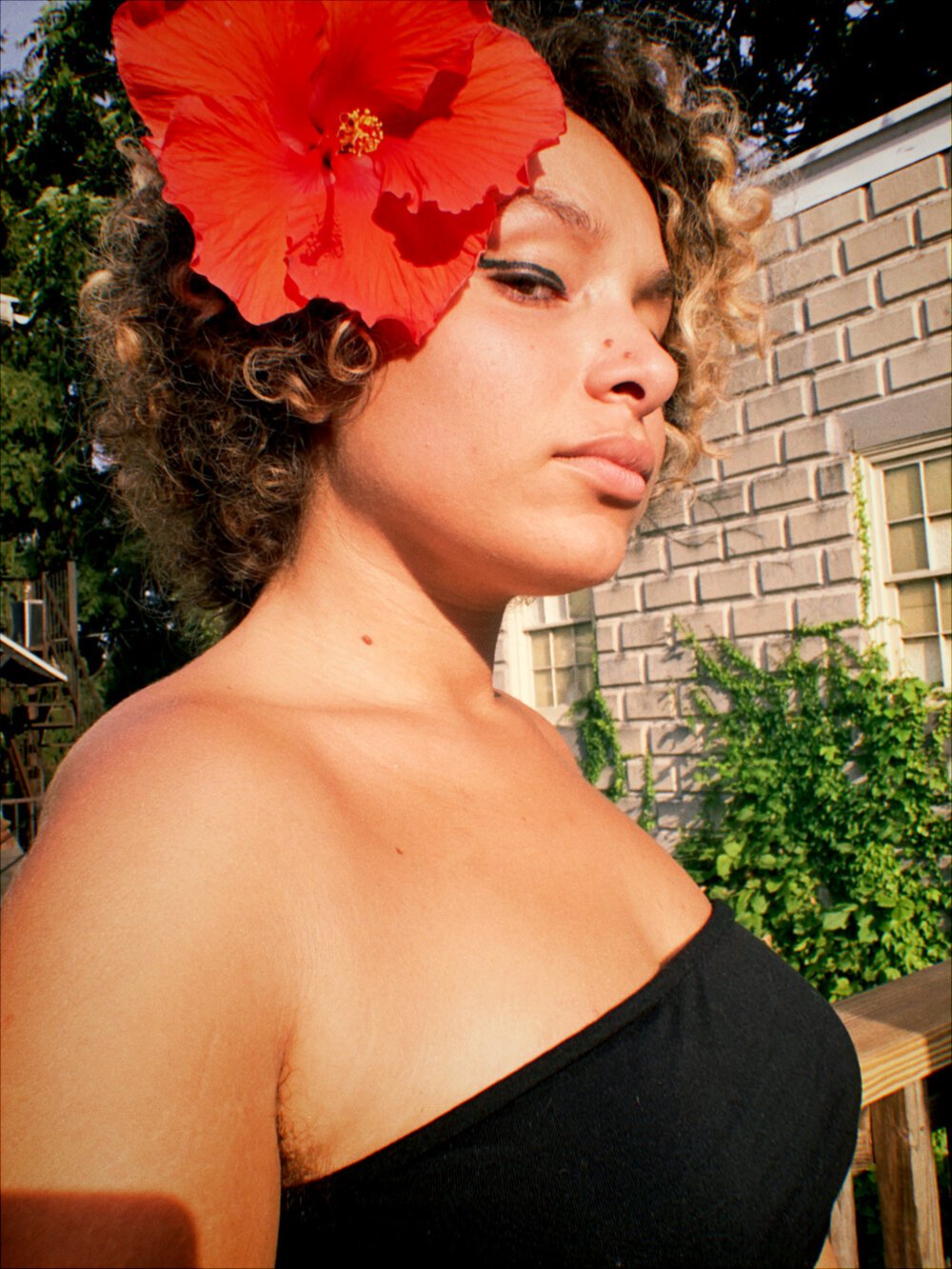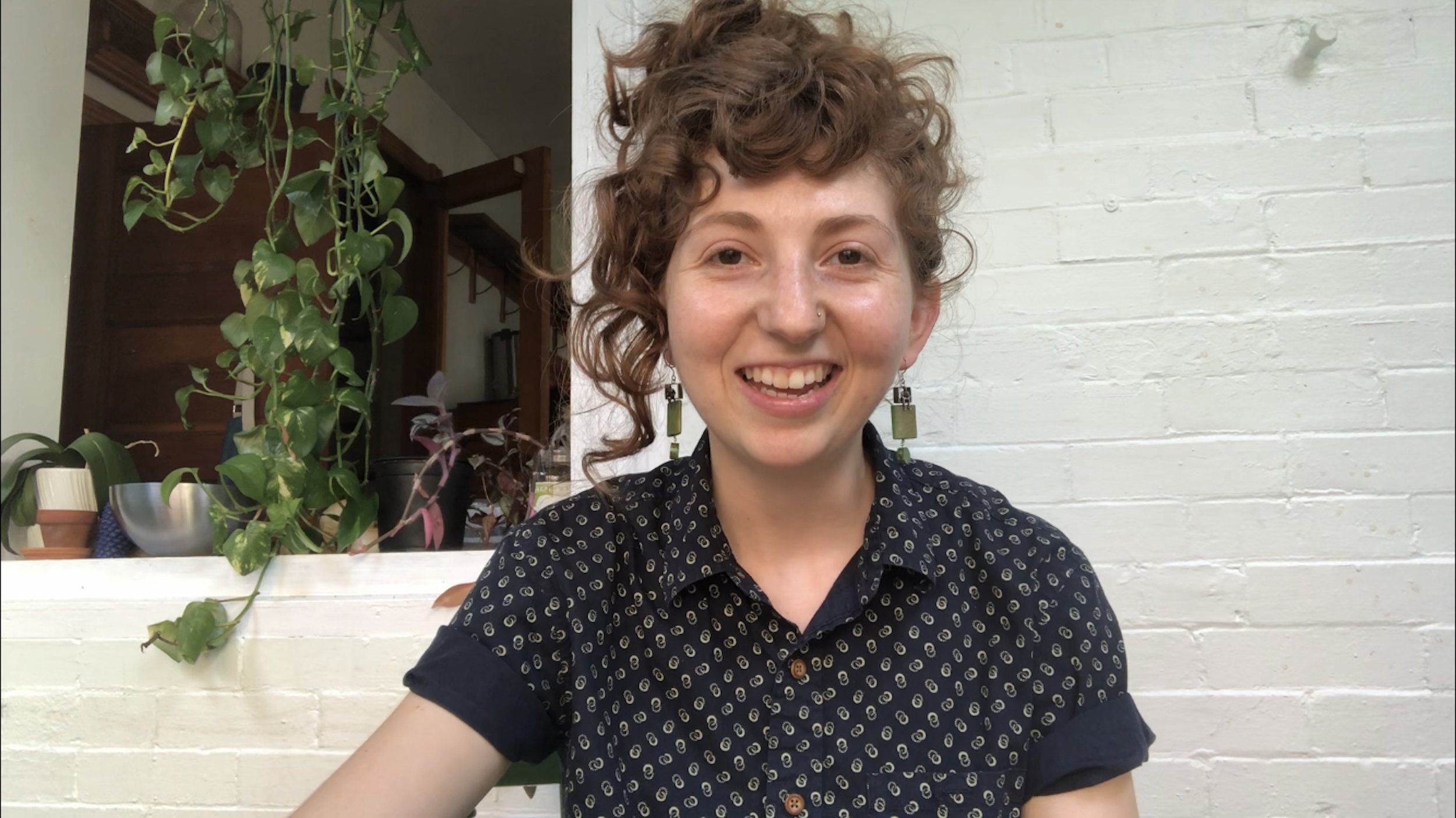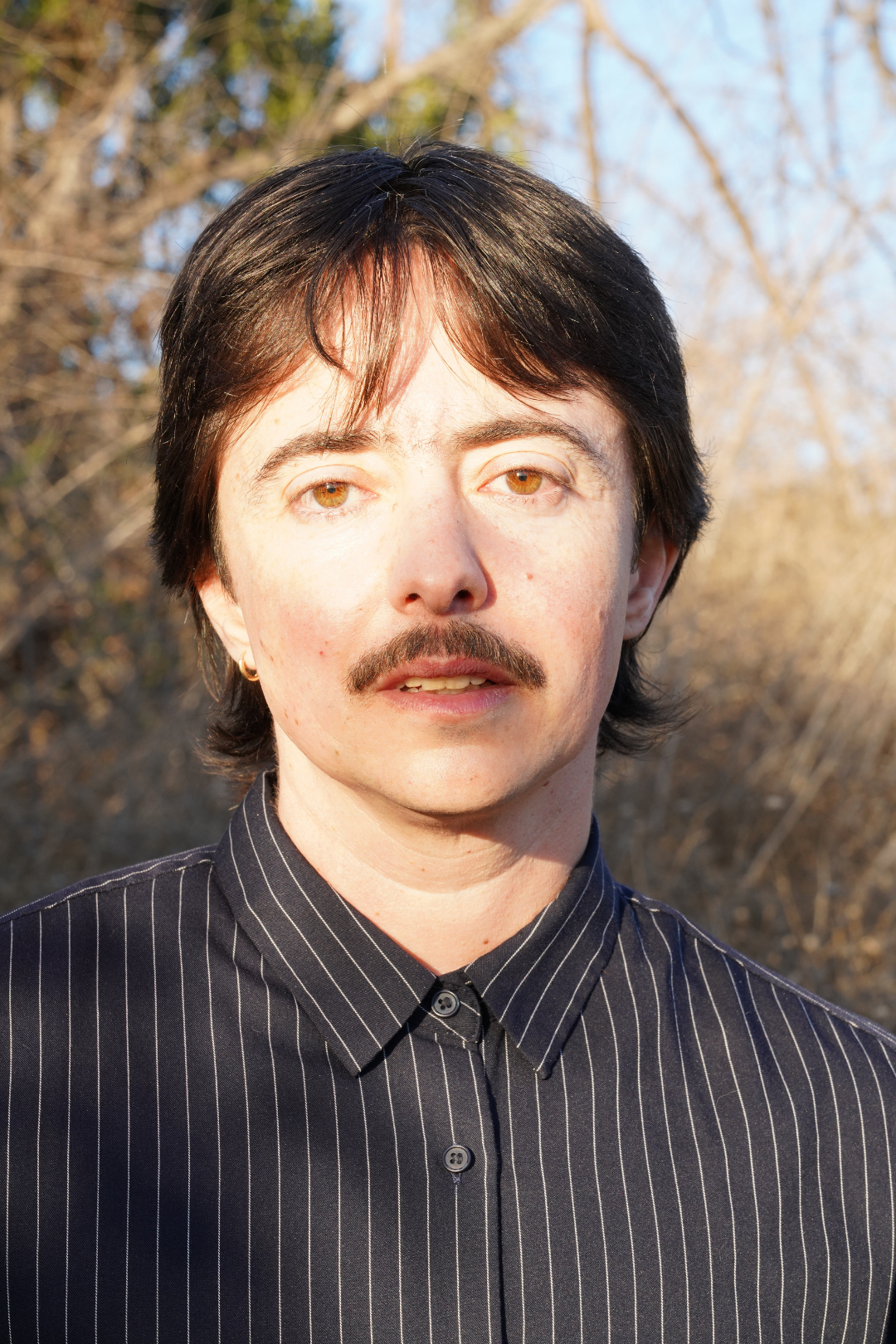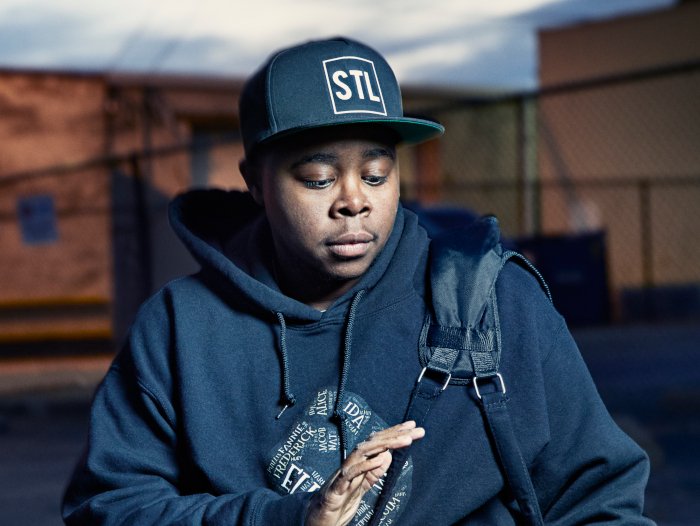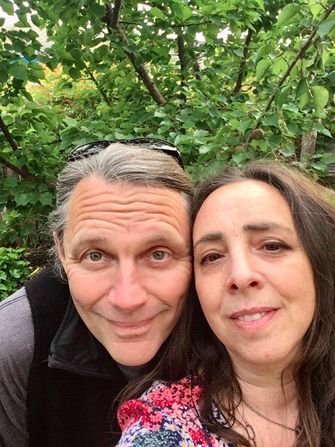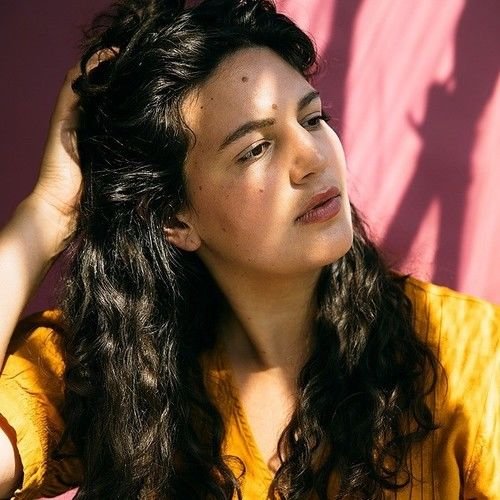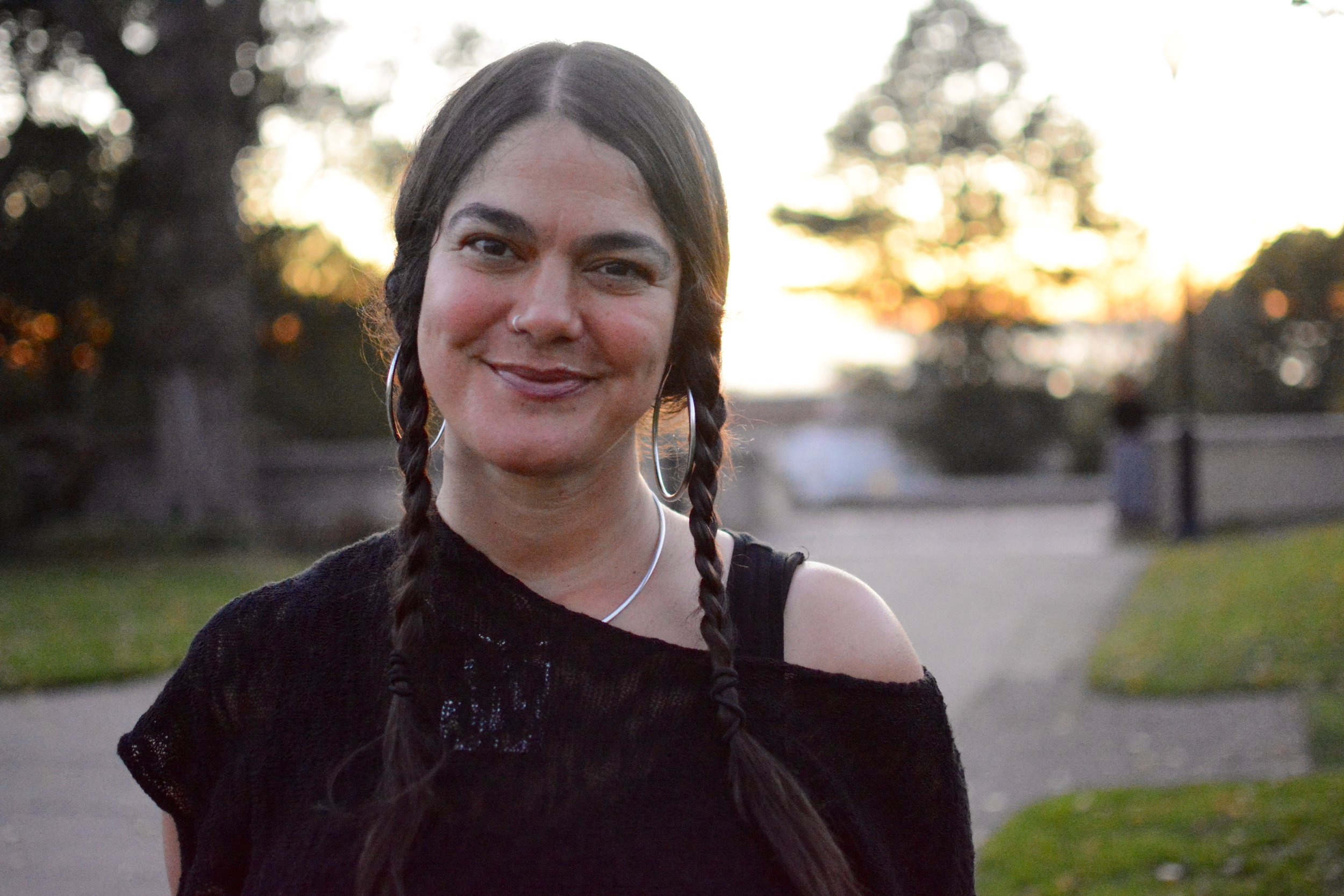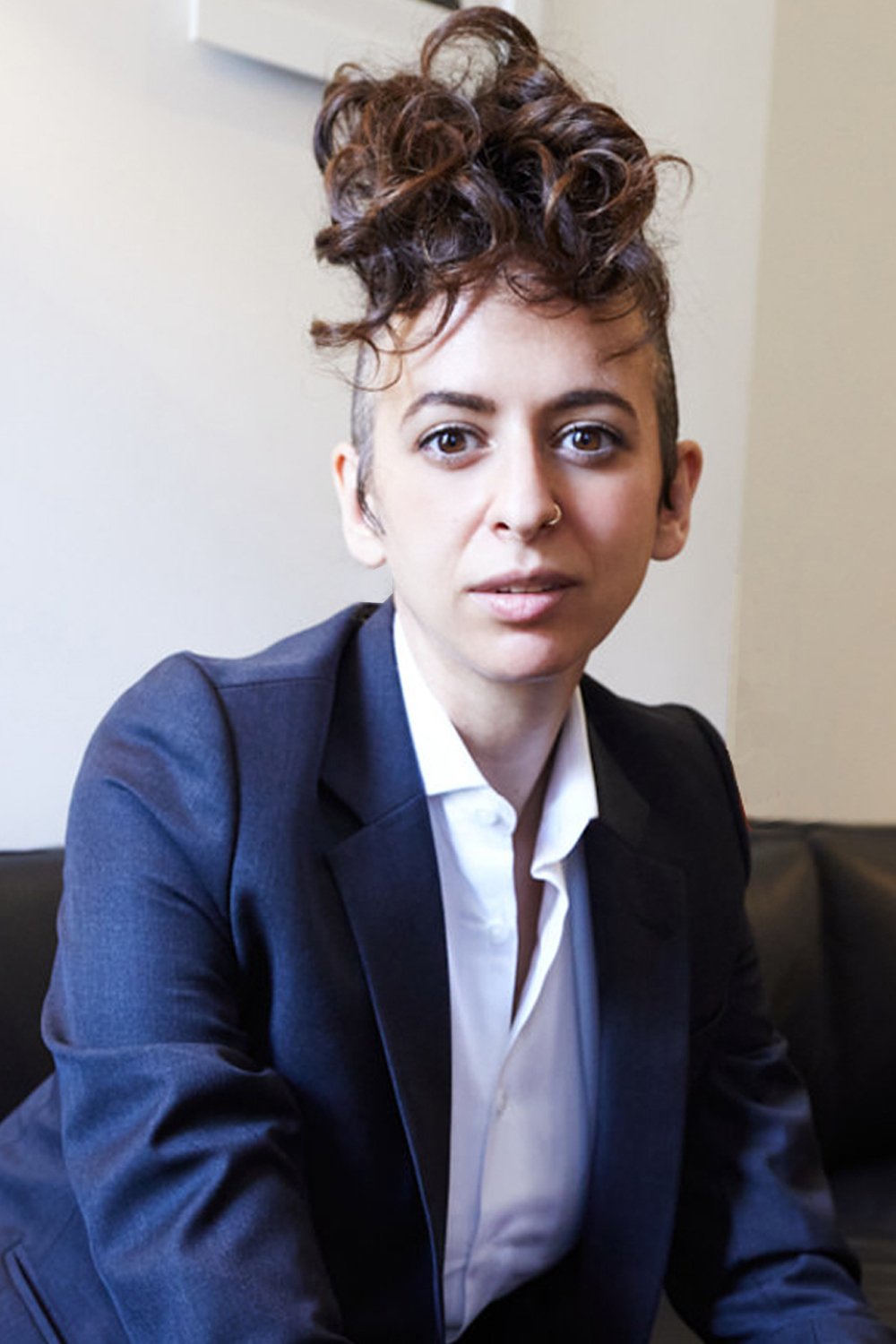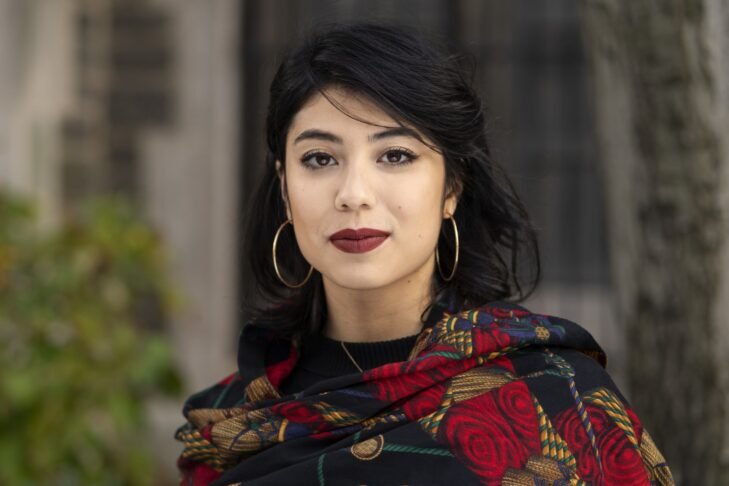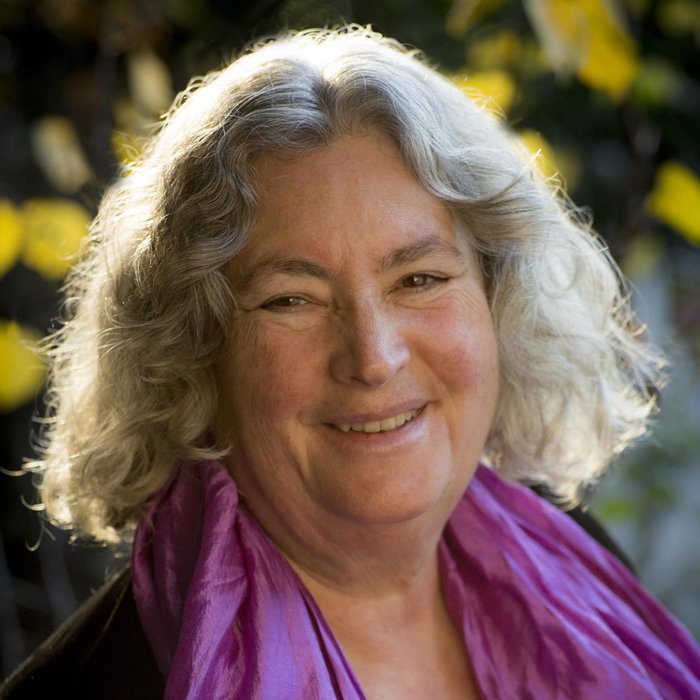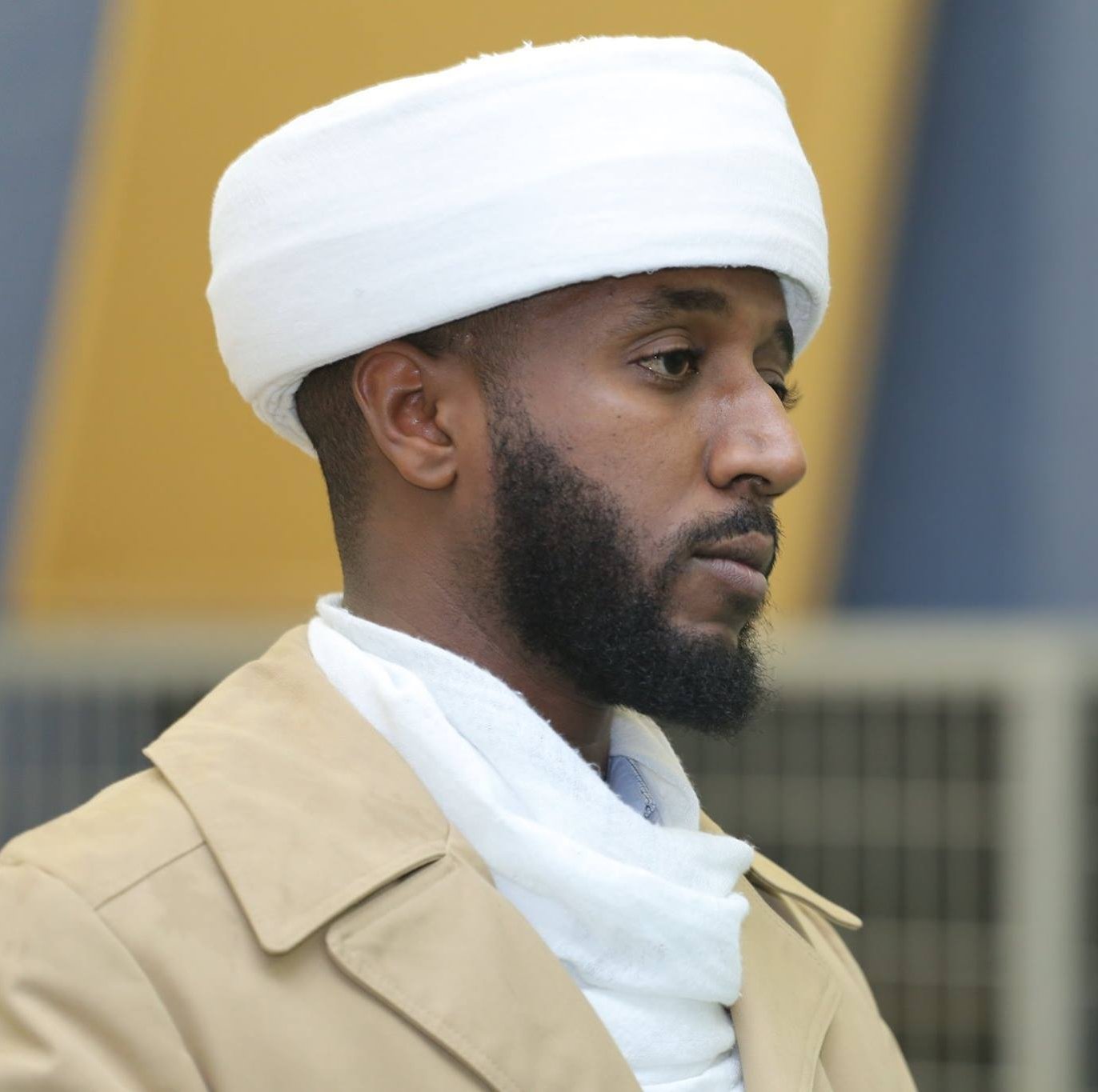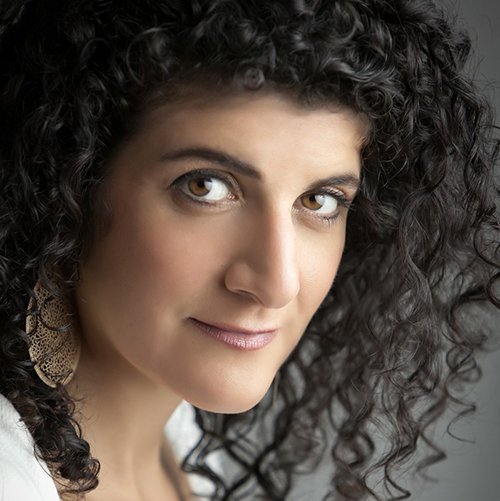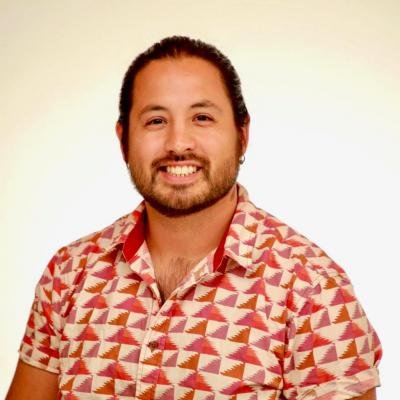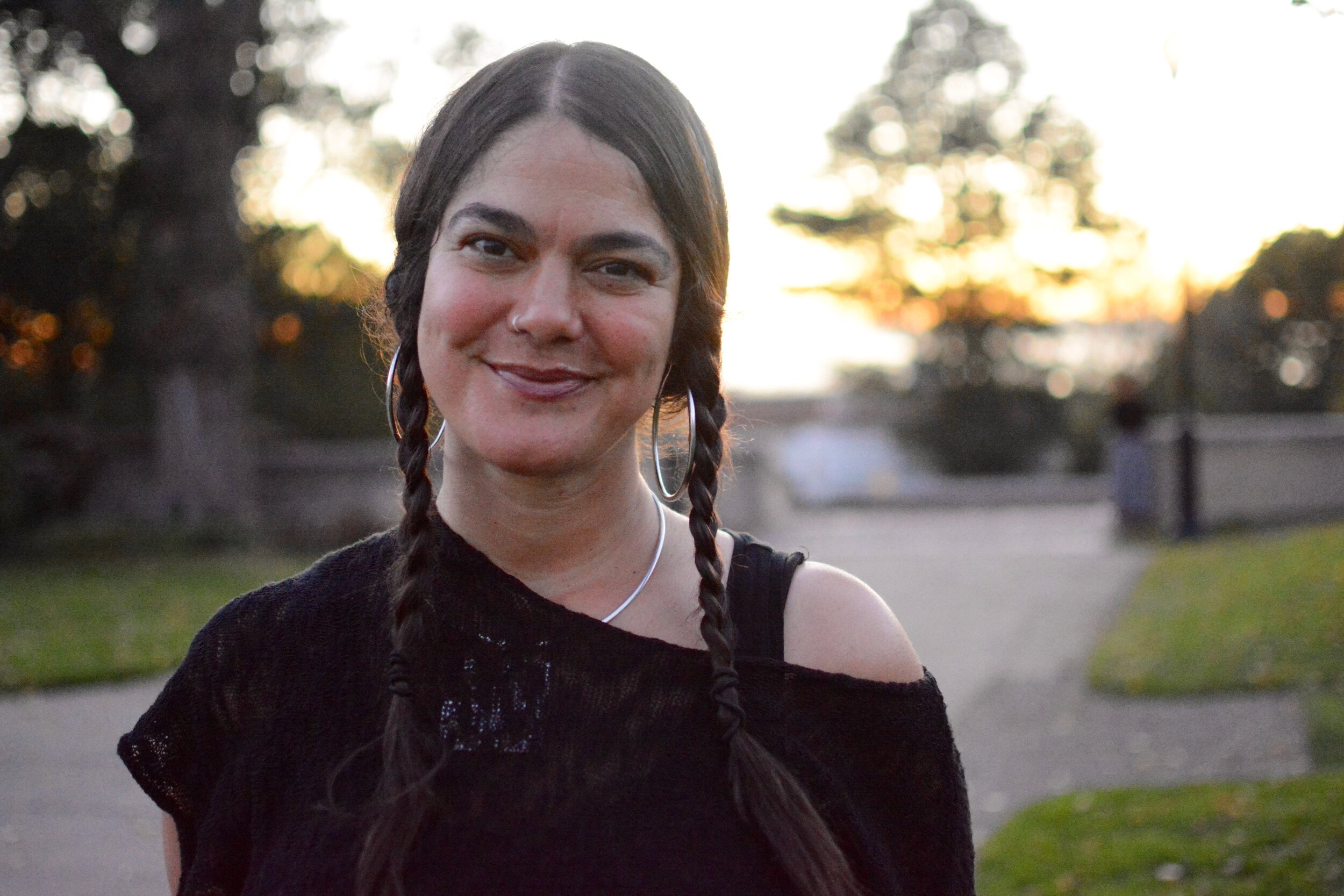Jewish Ancestral Healing Podcast Season 2
hosted by Taya Mâ Shere
In the Jewish Ancestral Healing podcast Taya Mâ Shere and friends engage spiritual leaders, artists, activists and visionaries on their journeys of ancestral healing, embracing resilience, and ancestor reverence practices rooted in Jewish traditions and counter-oppressive devotion.
May this offering be a portal of connection. May we may root in positive resource, remember ancient ways, and innovate toward collective liberation. May we be deeply nourished by the well of our loving and wise ancestors.
Download from your favorite podcast platform, or listen directly below. Season 1 is available here.
Ep 2.1: The Blessing of Being Welcomed Home with Taya Mâ Shere
Taya Mâ Shere welcomes us into season 2, reflecting on ways ancestors shape our identity, offering insight into the complexities of longing and belonging and foreshadowing the Jewish Ancestral Healing season to come.
Taya Mâ Shere, podcast host, plays passionately in realms of transformative ritual, embodied vocalization and ancestral reverence. She is co-founder of Kohenet Hebrew Priestess Institute, co-author of The Hebrew Priestess: Ancient and New Visions of Jewish Women’s Spiritual Leadership, and is on Assistant Professor of Organic Multireligious Ritual at Starr King School for the Ministry, training emergent clergy across faith traditions. Taya Mâ teaches Ancestral Lineage Healing, offering sessions virtually and workshops world-wide. She is a Somatic Experiencing practitioner and offers online courses including Embodied Presence, Jewish Ancestral Healing and Pleasure as Prayer. Taya Mâ’s Hebrew Goddess chant albums — This Bliss, Wild Earth Shebrew, Halluyah All Night and Torah Tantrika — have been heralded as “cutting-edge mystic medicine music.” www.taya.ma
Ep 2.2: Beta Israel / Ethiopian Jewish Ancestral Traditions with Qes Efraim Lawi
Qes Efraim Lawi shares Beta Israel / Ethiopian Jewish traditions, offers prayersongs in his ancestral language of Ge’ez, and speaks about being the first spiritual leader of Beta Israel / Ethiopian Jewish community born in diaspora.
Qes Efraim is the son of Qes Zion Lawi and grandson of high Qes Lawi Zeno. His parents made aliyah as a part of Operation Moses in 1984, after a long and arduous journey from Ethiopia through the Sudanese desert. Qes Efraim’s father served as the religious leader of the Ethiopian Jewish community (the Beta Israel) of Karmiel and encouraged his son to follow in his footsteps. At age 9 Qes Efraim began the studies necessary to be ordained a qes (i.e. kohen or priest). When he turned 13, his father officially designated him as his future successor. Qes Zion Lawi passed away three years later, but Qes Efraim’s mother, Ahuva, urged him to carry on with his religious training, sending him to study with two prominent qesstoch in southern Israel, Qes Malke Azaria and High Qes Govesa Tesfahum, who continued to teach him the long-standing prayers, benedictions, laws and customs of Ethiopian Judaism. He was ordained a qes and now serves in the Ethiopian Jews community of Karmiel, teaching and facilitating the community’s traditional observances, including weddings, funerals, and memorials, as well as the ritual slaughter of animals. Qes Efraim lives in Karmiel with his wife, Fasika, and five children.
JAH is grateful to Shai Afsai for support in crafting this bio of Qes Efraim. (https://shaiafsai.com)
Ep 2.3: Reclaiming Persian Jewish Prayer Traditions with Galeet Dardashti
Galeet Dardashti takes us on a journey into Persian Jewish Prayer, shares exquisite compositions, and speaks intimately on weaving her voice with the voices of her ancestors, across place and time.
Iranian-descended composer and anthropologist Dr. Galeet Dardashti has earned a reputation as a trail-blazing performer, educator and advocate of Middle Eastern and North African Jewish culture. Dardashti is the first woman to continue her family’s tradition of distinguished Persian and Jewish musicianship. She is the leader and founder of the all-woman Middle Eastern Jewish ensemble Divahn, which released its newest album, Shalhevet, in 2020 and through her multi-disciplinary commissions The Naming and Monajat. In The Naming, Dardashti interprets some of the compelling women of the Bible. Time Out New York called The Naming “urgent, heartfelt and hypnotic,” and The Huffington Post described it as “heart-stopping.” In her multi-sensory piece, Monajat, Dardashti reinvents the reflective musical ritual of Selihot using digital technology to sing with recordings of her famed Iranian grandfather.
As a scholar, Dardashti’s publications examine Israeli music/media and Mizrahi cultural politics; she is currently writing a book on the Mizrahi piyyut (sacred song) phenomenon in Israel. Dardashti has held postdoctoral fellowships at NYU and Rutgers and most recently served as Assistant Professor of Jewish Music/Musician in Residence at the Jewish Theological Seminary. As Affiliated Fellow at University of Pennsylvania’s Katz Center in 2020/21 she’s begun research on young North American Jews of Middle Eastern and North African background. Dardashti offers lectures, workshops, and residencies on her artistic and academic work throughout the world. Website: http://www.galeetdardashti.com/
Ep 2.4: The Alchemy of Ancestral Plants and Moroccan Jewish Longing and Belonging with Mazal Masoud Etedgi
Mazal Masoud Etedgi, founder of B’samim Apothecary, shares Moroccan Jewish plant magic and sacred prayersong, and speaks into the challenges of longing and belonging in diaspora. Mazal offers insight into ancestral healing at the intersections of creativity, chronic illness and trans and non-binary identity.
Mazal/Maz Masoud Etedgi (they/them/theirs) is a trans/non-binary artist, arab/mizrahi/amazigh jew, spoonie/chronically ill person, Drama Therapist Trainee, community facilitator, clown, poet, and herbal medicine maker living on Ohlone land in Huichin Village (Berkeley, CA). Maz utilizes imagination, play, and ritual as tools for liberation, healing and connection. They honor, study and practice the plant medicines, liturgy, piyutim (sacred songs) and rituals of their mizrahi, arab jewish and amazigh lineages. Their plantcestral herbal practice and apothecary (B'samim Apothecary) offers community herbal support through consultations, custom formulations and herbal ritual. Mazal is currently a Drama Therapist trainee at the Liberation Institute (San Francisco, CA) providing care to QTBIPOC, white, and first-generation adults. Mazal has also worked with Bay Area Community Resources providing Drama Therapy to elementary school children and their families, co-facilitated Drama Therapy and Restorative Justice support groups, and a series of workshops titled Leaning Back into our Ancestors: A Drama Therapy Ritual Workshop for Mizrahi Jews. They graduated with a Masters in Counseling Psychology and Drama Therapy in December 2020 from the California Institute of Integral Studies.
Ep 2.5: Ashkenazi Herbalism with Deatra Cohen and Adam Siegel
Deatra Cohen & Adam Siegel, authors of the acclaimed book Ashkenazi Herbalism, bring us on a journey into Eastern European plant remedies and the world of traditional Ashkenazi Jewish healers. They offer wisdom on building relationships with ancestral plants, and share candidly about the gifts and challenges of their journey into rediscovering the herbal medicines of their people.
Deatra Cohen and Adam Siegel are the authors of Ashkenazi Herbalism: Rediscovering the Herbal Traditions of Eastern European Jews. Deatra is an herbalist, visual artist and librarian, with degrees from the Berkeley Herbal Center, the University of California, Davis, and San Jose State University. Adam is a translator and bibliographer. He is a graduate of the University of Minnesota, the University of California, Berkeley, and San Jose State University. Deatra and Adam live in Northern California on Patwin land and seek to practice reverence for this planet and its many inhabitants, for ourselves and each other, for the living and for the ancestors.
Ep 2.6: Living the Legacies of Jewish Mystics and Women Saints with Léah Novick
Rabbi Léah Novick, an elder of the Jewish Renewal movement, shares practices of connecting with ancestors of inspiration, and her work to keep alive the teachings of 19 century Italian poet Rachel Luzzatto Morpurgo, 12th century tsadeket Dulcie of Worms, Maccabean Queen Shlom Tzion and 16th century Kurdish Rabbah Asenath Barazani. Reb Léah speaks of her journeys with these women, of reclaiming relationship with Shekhinah and reflects on ways her earlier decades of activism inform her journey today.
Rabbi Léah Novick is a spiritual teacher whose teaching and research has been focused on the Divine Feminine, referred to as "Shekhinah" in Judaism, for the last three decades. She draws on traditional knowledge, combining it with guided visualization and meditation in her workshops and ceremonies. She has also written biographies of Jewish women saints, and is author of On the Wings of Shekhinah: Rediscovering Judaism's Divine Feminine.
Rabbi Léah was ordained in 1987. Since that time she has provided rabbinical leadership to both alternative and conventional Jewish groups in California including “Beit Shekhinah” in Berkeley, Temple Beth El in Salinas, “Shabbos in Carmel”, and "Kavanat ha Lev" in the Monterey, California area. She has also been honored with the title “Pathfinder” by the ALEPH Alliance for Jewish Renewal for her pioneering work in bringing the feminine into contemporary Jewish liturgy and rituals. Reb Léah has three grown children and five fabulous grand-children, and now 12 great grandchildren. she resides in Carmel on the beautiful California central coast. She draws inspiration from the power of the natural environment and continues to travel and work for harmony, understanding, and peace between all people.
Ep 2.7: Building Just & Resilient Jewish Communities with Yoshi Silverstein
Yoshi Silverstein shares wisdom on sacred ecology, embodied Jewish practice, and building just and resilient communities. He welcomes us with grounding practice, tells stories of his Chinese and Askenazi lineages, and speaks on ways diaspora impacts the relationship between land, culture and ancestral home.
Yoshi Silverstein is Founder and Executive Director of Mitsui Collective, which builds resilient community through embodied Jewish practice and racial equity. He is also Cleveland community organizer for Edot: The Midwest Regional Jewish Diversity Collaborative, and served as director of the JOFEE Jewish Outdoor Food, Farming and Environmental Educators Fellowship @ Hazon. As a Chinese-Ashkenazi-American Jew, Yoshi is an advocate and educator in the Jews of Color community and speaks regularly on diversity, equity, and inclusion. He sits on the Board of Directors for Repair the World, is a member of the Grants Advisory Group for the Jews of Color Initiative, and has been a cast member of Kaleidoscope Project's "What Does Jewish Look Like to You" monologue series and an ELI Talks speaker. Yoshi holds certificates in Spiritual Entrepreneurship, social entrepreneurship, permaculture design, ecovillage design, and environmental education. His master’s thesis in Landscape Architecture explored the intersection of embedded Torah with landscape interpretation, journey, exploration, and meaning-making in Jewish outdoor learning. Also a 2nd degree blackbelt and aficionado of Chinese Roast Duck, Yoshi lives in the Cleveland area with his wife, daughter, and pup.
Ep 2.8: Arab-Jewish Identities, Belonging, and Body as Ancestral Home with Daniela Labi
Daniela Labi, Libyan-Jewish filmmaker, speaks on making art in conversation with her ancestors, the complexities of claiming Arab-Jewish identity and ways ancestral connection supports her body activism.
Daniela Labi is a Libyan-American feminist screenwriter, actor, singer, and body activist living on Tongva Kizh land (Los Angeles). Her short films, Brown Butterflies and Cara Nuccia, use archival footage as a means to uncover and bridge the unknown of her Libyan lineage, and her upcoming short-form series Bloom explores the perils of diet culture through the experience of a 30-year-old, plus-size virgin. With every project, she strives to include the voices of her most inspiring collaborators: her ancestors. You can sign up for her newsletter at https://tinyurl.com/danielalalabi
Ep 2.9: Sovereignty, Reciprocity and Sacred Storytelling with Aurora Levins Morales
Interviewed by Dori Midnight
Aurora Levins Morales, in conversation with Dori Midnight, dives into the transformative power of poetry, storytelling and radical genealogy. Aurora shares of her Puerto Rican and Ashkenazi roots, her experience with chronic illness, and imagines what is possible in a world of protective reciprocity.
Aurora Levins Morales is a movement elder. She is a Puerto Rican Ashkenazi feminist and radical writer and storyteller, and an arts based liberationist since her early teens. She's the author of eight books and is always working on several more at a time. She believes the stories we tell shape the worlds we can imagine, which is the only way we can build them. She lives on her ancestral lands in Maricao, Puerto Rico, where she tells stories of sovereignty, sustainability and climate justice with words and soil.
Aurora is a community supported artist through Patreon, where for a small monthly donation you can read unpublished writings and learn more about her work. You can also join her mailing list and get updates and excerpts of new writings here.
Ep 2.10: Judeo-Iraqi Musical Prayer Traditions with George Mordecai
George Mordecai - a rabbi, cantor and composer born in Australia to Iraqi Jews from India and Singapore - shares the ancestral journeys and musical influences that led to the creation of his album, Safra, and speaks to the power of communal chanting and participatory prayer.
Rabbi & Hazzan George Mordecai weaves his rich cultural heritage into his spiritual leadership and his artistry. Born in Sydney, Australia to Iraqi Jews from India and Singapore, George was immersed in the musical and liturgical traditions of his family.
George has performed Sephardic and Judeo-Iraqi liturgical repertoire in concert halls and synagogues around the world and his album Safra, with the Hadar Ensemble, is a stunning and creative tribute to the music of his ancestral heritage. George holds cantorial investiture from the Jewish Theological Seminary in New York, and rabbinic ordination from ALEPH: Alliance for Jewish Renewal and now serves as Cantor and Rabbi at Emanuel Synagogue in Sydney, Australia, where he lives with his family.George has devoted his life to pursuing a vision of devotional music that speaks to the sacred interconnectedness of all humanity and continues to work on projects that support this vision.
Ep 2.11: Earth-Honoring Ritual Activism and Ancestral Courage with Starhawk
Interviewed by Rae Abileah
Starhawk, renowned author and ecofeminist spiritual leader, speaks of ancestrally-resourced non-violent resistance in this conversation with Rae Abileah. She shares stories about her Earth Activist training, Palestinian solidarity work, and the power of rooting in joy as a transformative practice.
Starhawk is a writer, activist, permaculture designer and teacher, and a leading voice for ecofeminism and earth-based spirituality. She is the author of thirteen books on earth based spirituality and activism, including The Spiral Dance, The Earth Path, and The Empowerment Manual: A Guide for Collaborative Groups, on group dynamics and social permaculture, and her novels, The Fifth Sacred Thing and City of Refuge.
She is a founder of Reclaiming, a Goddess centered tradition of earth based spiritualty, and active in the growing Bay Area Jewitch community blending Judaism and paganism.
A lifelong feminist and advocate for social and environmental justice, she has organized and trained activists for many decades around many of the major issues of our times, from women’s rights, nuclear and peace issues, anti-intervention, global justice, anti-racism, environmental protection and justice for Palestine.
Starhawk directs Earth Activist Training, http://earthactivisttraining.org, which teaches the tools of regenerative design with a grounding in spirit, a focus on social permaculture, organizing and activism. Her website is http://starhawk.org, and she is on Twitter @Starhawk17 and Facebook: https://www.facebook.com/StarhawkAuthor/.
Ep 2.12: Listening as a Sacred Act with Nina Pick
Nina Pick—poet, counselor, and oral historian—speaks about her experiences as the grandchild of Auschwitz survivors and her work conducting interviews with Holocaust survivors, descendants, and others. She reflects on themes of ancestral trauma, intergenerational healing, and the importance of ecological mourning.
Nina Pick is an oral historian with the Yiddish Book Center and has a private practice in Integrative Spiritual Counseling, focusing on dreamwork, embodiment, and intergenerational healing. The grandchild of Auschwitz survivors, much of Nina’s writing focuses on ancestral trauma and ecological mourning. She is the author of a poetry book, At the Edge of the Dirac Sea; two chapbooks, À Luz and Leaving the Lecture on Dance; and a children's book, Tall Oak and Small Owl (forthcoming from Wynstones Press); and she is the editor of The Gardener Says. She is ordained as a Kohenet and received an MA in Comparative Literature and an MA in Counseling Psychology. She grew up in Massachusetts, on Mohican land, where she currently resides. www.ninapick.com
Ep 2.13: Indigenous Solidarity and Ancestors of Place with Ariel Luckey
Interviewed by Leora Cockrell
Ariel Luckey, co-founder of Jews on Ohlone land and development director for Sogorea Te’ urban indigenous women-led land trust, reflects on ancestral harm, indigenous solidarity, and Jewish practices of tshuvah, or return. Ariel, in conversation with Leora Cockrell, also speaks to assimilation, spiritual yearning, and ways he engages these themes through hip-hop and klezmer music.
Born and raised in Lisjan Ohlone territory now known as Oakland, California, Ariel Luckey is an interdisciplinary artist and activist who blurs the lines between performance, public ritual and political action. Ariel is the Development Director at the Sogorea Te’ Land Trust, the first urban Indigenous women-led land trust in the country, where he was part of the team that created the Shuumi Land Tax. He is also a co-founder and organizer of Jews On Ohlone Land, a vibrant multigenerational Jewish community that is learning together how to be good guests on Lisjan land. Ariel earned an MFA in Interdisciplinary Arts from Goddard College and has been an Artist in Residence at La Peña Cultural Center, the White Privilege Conference and June Jordan’s Poetry for the People at U.C. Berkeley. His plays Free Land and Amnesia illustrate stories from his life and family history as a cartography of race, class, land, migration and intergenerational healing. His band Waystation remixed the hip hop and klezmer score of Amnesia into their debut album rememory. Ariel has performed at hundreds of theaters, universities, conferences and community centers across the country. He loves to play soccer with his sons, walk in the woods with his beloved, and indulge in dark chocolate and dancing under an open sky. You can find Ariel’s work here: sogoreate-landtrust.org, jewsonohloneland.org, https://waystationplays.bandcamp.com/album/rememory-2
Ep 2.14: Torah, Tradition, and Transformation with Arielle Rivera Korman
Interviewed by Keshira haLev Fife
Arielle Rivera Korman in conversation with Kohenet Keshira haLev Fife, speaks about co-founding Ammud:Jews of Color Torah Academy, their shared Filipinx Jewish identity, and on the role of song and music in her ancestral journey.
Arielle Rivera Korman is the co-founder and Executive Director of Ammud: the Jews of Color Torah Academy, a Jewish educational community for Jews of Color, by Jews of Color. She is also a musician, a songwriter, and a davener, with a love for Jewish liturgical music and prayer through song. She is a lover of language, wordplay and letters.
Ep 2.15: Ancestral Reclamation and the Art of Apology with Jericho Vincent
Interviewed by Rami Avraham Efal
Jericho Vincent, in conversation with Rami Avraham Efal, speaks on the practice of holding ancestors in both gratitude and accountability. Jericho shares of their journey from an ultra-Orthodox rabbinic home through multiple traditions before returning to Judaism, and ways their non-binary identity impacts how they relate to gendered aspects of Jewish tradition.
Through their lectures, essays, and spiritual services, Jericho Vincent invites people to reconnect with estranged parts of themselves, their communities, and their lineages. Raised in an ultra-Orthodox rabbinical home, Jericho learned from Buddhist, Sufi, and atheist communities before returning to Judaism to excavate timely wisdom from their family’s ancient traditions. They hold a master's degree in Public Policy from Harvard University, where they were a Pforzheimer Fellow. Certified in IFS coaching, they are currently a rabbinical candidate and a Wexner Fellow. Jericho is the author of the memoir Cut Me Loose. Their essays have appeared in The New York Times, The Daily Beast, and The Cut. They have been named to the Jewish Week’s 36 Under 36 and to The Forward’s Forward 50 for their work.
Ep 2.16: Collective Healing Through Ancestral Song with Rena Branson
Interviewed by Riv Ranney Shapiro
Rena Branson, founder of the Queer Niggun Project, speaks on her work as a community organizer, song-weaver, and teacher of both traditional Hassidic and new liturgical melodies. In this conversation with Riv Ranney Shapiro, Rena reflects on the power of communal song to metabolize trauma and on their experience bringing Jewish spiritual gatherings and music to people incarcerated in NYC jails.
Rena Branson (she/they) is a Jewish composer, ritual leader, and educator who uplifts personal and collective healing through song. They founded A Queer Nigun Project (aqueernigunproject.org), which organizes community singing events for LGBTQIA2S+ folks and sends Jewish spiritual audio content to people who are incarcerated in NYC jails. Rena writes new tunes for liturgy and teaches traditional Hasidic melodies, expanding access to their power for all seekers. She works as the Assistant Director of Chester County Hebrew High School and the Cantorial Soloist at Congregation Leyv Ha-Ir in Philadelphia, and also leads ritual as part of the Cultural Organizing Team for Linke Fligl (linkefligl.com), a queer Jewish chicken farm in Millerton, New York. You can hear Rena’s music on Soundcloud (soundcloud.com/renabranson) and stay tuned for their first full-length album in the upcoming year!
Ep 2.17: Dancing with the Transcestors with Binya Kóatz
Interviewed by Noam Lerman
Binya Kóatz shares the exquisite blessing of Jewish transcestors in this conversation with rabbi and reclaimer of tekhines Noam Lerman.
Binya Kóatz (she/they) is an organizer of cultural and political diaspora on Ohlone land in the Bay, originally from Lenape land in the old country, Queens, NY. She loves her feminine queer ancestral line, her mix of sefardi and ashkenazi heritage, and how the past and future have the possibility to cocreate each other through magic.
Ep 2.18: Mutual Aid and Jewish Traditions with Dean Spade
Interviewed by Dori midnight
Dean Spade, renowned author and activist, shares of his work towards queer and trans liberation, Palestinian solidarity and ways we can understand the Jewish practice of tzedakah as a path for radical redistribution of resources. In conversation with Dori Midnight, Dean explores his journey with Judaism, innovating tradition, and ancestors of blood and of choice.
Dean Spade has been working to build queer and trans liberation based in racial and economic justice for the past two decades. He’s the author of Normal Life: Administrative Violence, Critical Trans Politics, and the Limits of Law, the director of the documentary “Pinkwashing Exposed: Seattle Fights Back!,” and the creator of the mutual aid toolkit at BigDoorBrigade.com. His latest book, Mutual Aid: Building Solidarity During This Crisis (and the Next), was published by Verso Press in October 2020.
Ep 2.19: Laughing our Way to Peace with Noam Shuster-Eliassi
Interviewed by Hadar Cohen
Noam Shuster-Eliassi speaks on her path as a peace-builder in Israel-Palestine and how it led her to becoming a renowned stand-up comedian. In conversation with Hadar Cohen, Noam shares of her childhood in the intentional Jewish and Palestinian village, Neve Shalom Wahat Al Salam, and her experience working toward peace through the art of comedy.
Noam Shuster-Eliassi is a freelance comedian, performer, peacebuilder and activist. She grew up in Neve Shalom Wahat Al Salam, the only intentional Jewish and Arab village in Israel. Noam performs in 3 languages, and through her cutting cynicism and humor, she is a natural bridge-builder. In 2018, she was named the “New Jewish Comedian of the Year” in London. The same year, she was also the first Jewish performer in the Palestine Comedy Festival. Noam spent 2019 on scholarship at the Harvard Divinity School developing her one woman show. Previously an activist, Noam became exhausted by the lack of progress in the pursuit of justice in the Palestinian Israeli conflict. She started writing jokes, which led to several impromptu performances, and sudden recognition as a brilliant comedic talent.
Ep 2.20: Ritual and the Art of Impermanence with Day Schildkret
Day Schildkret, creator of Morning Altars and author of Hello, Goodbye: 75 Rituals for Times of Loss, Celebration and Change, speaks of rituals as the rhythms and traditions that bring a sense of stability in the face of uncertainty. He reflects on the power of grief, initiation and the magic of showing up.
